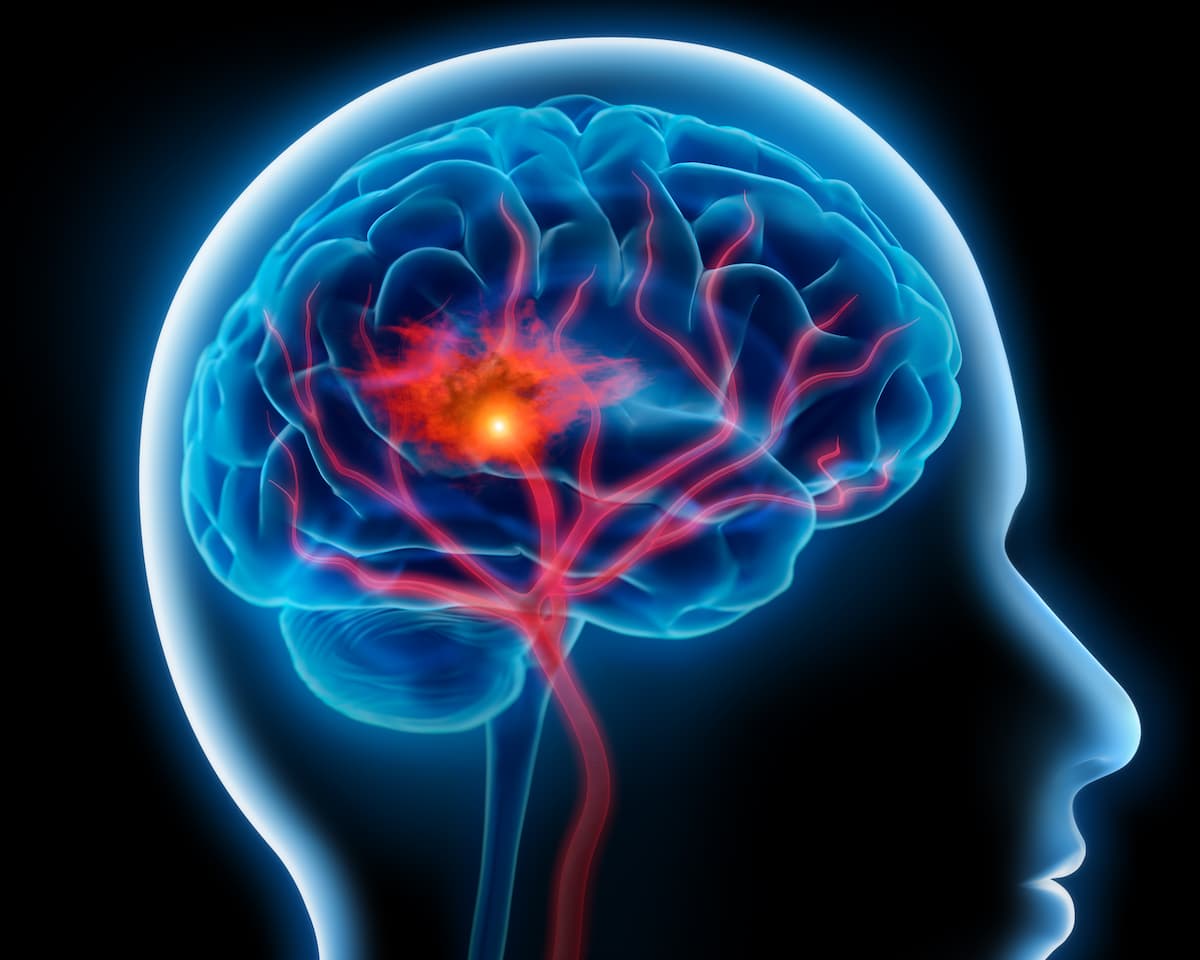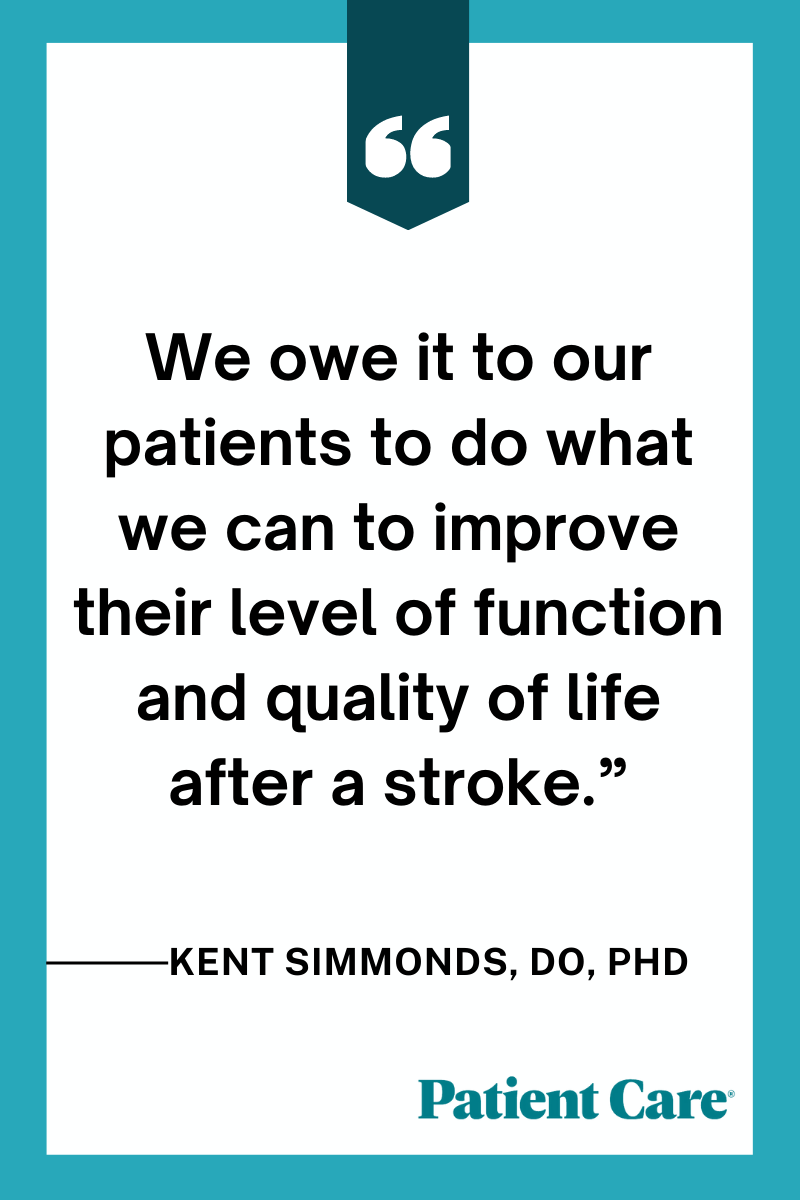- Clinical Technology
- Adult Immunization
- Hepatology
- Pediatric Immunization
- Screening
- Psychiatry
- Allergy
- Women's Health
- Cardiology
- Pediatrics
- Dermatology
- Endocrinology
- Pain Management
- Gastroenterology
- Infectious Disease
- Obesity Medicine
- Rheumatology
- Nephrology
- Neurology
- Pulmonology
Black and Hispanic Americans Less Likely to Receive Treatment for Post-Stroke Complications, Large Analysis Finds
Researchers found that Black and Hispanic Americans were less likely to be treated for certain poststroke complications, such as mood and spasticity, compared to White adults.

An analysis of 20 years of electronic health records found significant racial disparities in the treatment of common poststroke sequelae among hospitalized acute stroke patients in the US.
The study—to be presented at the American Stroke Association’s International Stroke Conference 2023 being held in Dallas, Texas, and virtually February 8-10, 2023—found that Black and Hispanic patients were less likely to receive treatment for common stroke complications during the first year after their stroke than non-Hispanic White (NHW) patients.
“A constellation of symptoms may manifest after a stroke; however, not all complications are life-threatening events. Some complications may be more subtle and go undetected by the medical community and, as a result, people from different racial or ethnic groups may not receive equitable treatment,” said lead study author, Kent Simmonds, DO, PhD, resident physician, Physical Medicine and Rehabilitation, University of Texas Southwestern Medical Center, Dallas, in an American Heart Association press release. “Stroke may have a devastating impact on an individual’s quality of life, and I think we owe it to our patients to do what we can to improve their level of function and quality of life after a stroke.”
Simmonds and colleagues used electronic medical record data from 65 large health care organizations across the US to identify a cohort of NHW, Black, and Hispanic patients hospitalized with acute stroke between August 2002 and July 2022.

Investigators used propensity score matching to adjust for baseline differences between populations, which accounted for 41 demographic and clinical factors such as age, sex, and chronic diseases such as hypertension, and diabetes.
Outcomes included the use of medications for the treatment of 6 common complications of stroke: arousal, spasticity, mood, sleep, bladder incontinence, and seizure, according to the study abstract. Differences were measured at 14-, 90-, and 365-days after the stroke.
Prior to matching, the final study cohort included 428 155 patients aged ≥18 years (mean age, 64 years; 54% men), of which 309 029 were NHW White, 82 564 were Black, and 28 375 were Hispanic. For the comparison between NHW and Black patients, 80 564 pairs were matched. For the comparison between NHW and Hispanic patients, 28 0375 pairs were matched. All baseline covariates were balanced after matching.
Results showed that compared to NHW, Black patients were significantly less likely to receive treatment for every condition at nearly every timepoint. The largest differences were observed for the treatment of arousal (relative risk [RR] 0.70, 95% CI 0.66- 0.74), spasticity (RR 0.73, 95% CI 0.71-0.76), and mood (RR 0.83, 95% CI 0.82-0.85) at 14-days. Differences for the NHW-Hispanic comparison were similar but with slightly smaller magnitudes.
“Differences were greatest at 14-days indicating the acute hospitalization and rehabilitation are crucial to identify and treat complications to reduce disparities in post-stroke function,” concluded the research team.
The main limitation of the current analysis is that a large database review like this can reveal racial disparities in stroke treatment but pinpointing the specific factors driving them is more difficult. “These differences are real and persistent, so it’s a matter of finding them, one by one, and filling these gaps,” said Simmonds in the release.
Moving forward, Simmonds and colleagues plan to assess several intervention strategies that may help Black and Hispanic patients achieve a better functional recovery after a stroke.
“Communication moving forward is important,” added Simmonds. “Many people survive their stroke, so health care professionals need to ask patients about these other subtle symptoms that may indicate additional complications, in addition to traditional risk factors such as blood glucose levels or blood pressure. These other domains have an important impact on our patients’ post-stroke, day-to-day quality of life.”
Simmonds will be presenting the abstract, titled “Racial disparities in the treatment of post-stroke complications among acute stroke patients,” at the International Stroke Conference on Friday, February 10, 2023.
